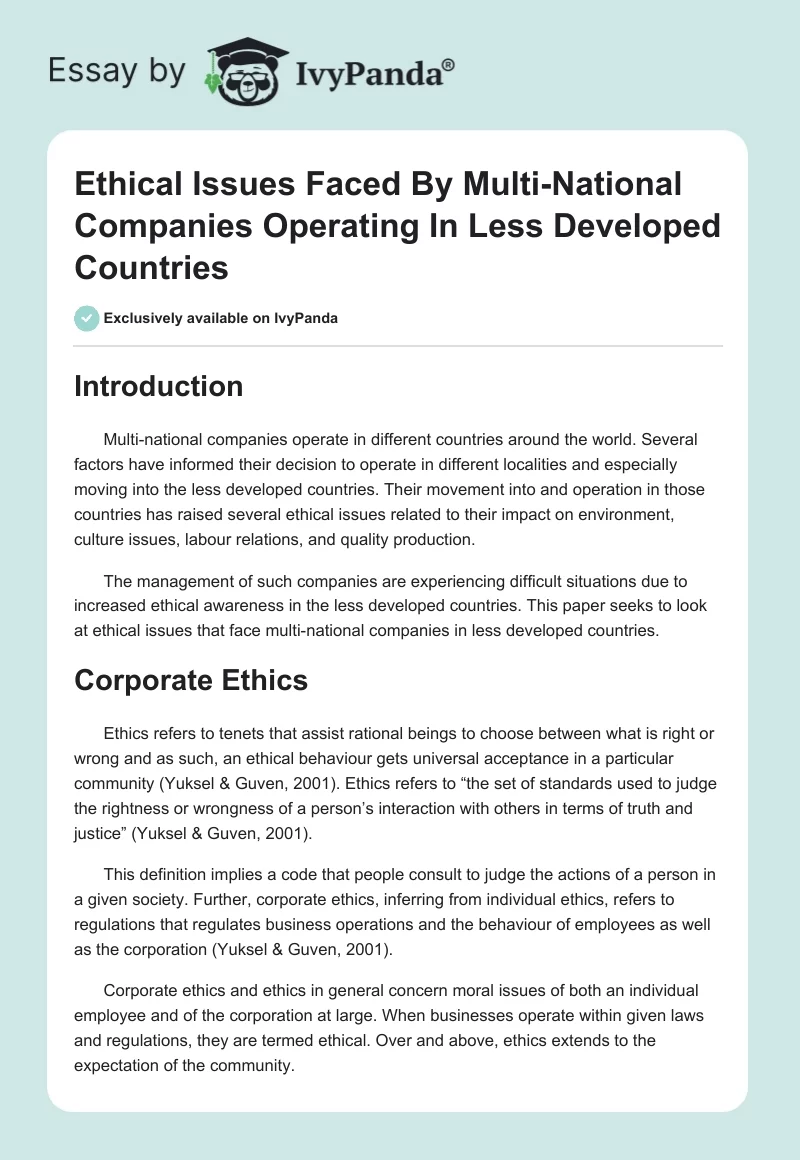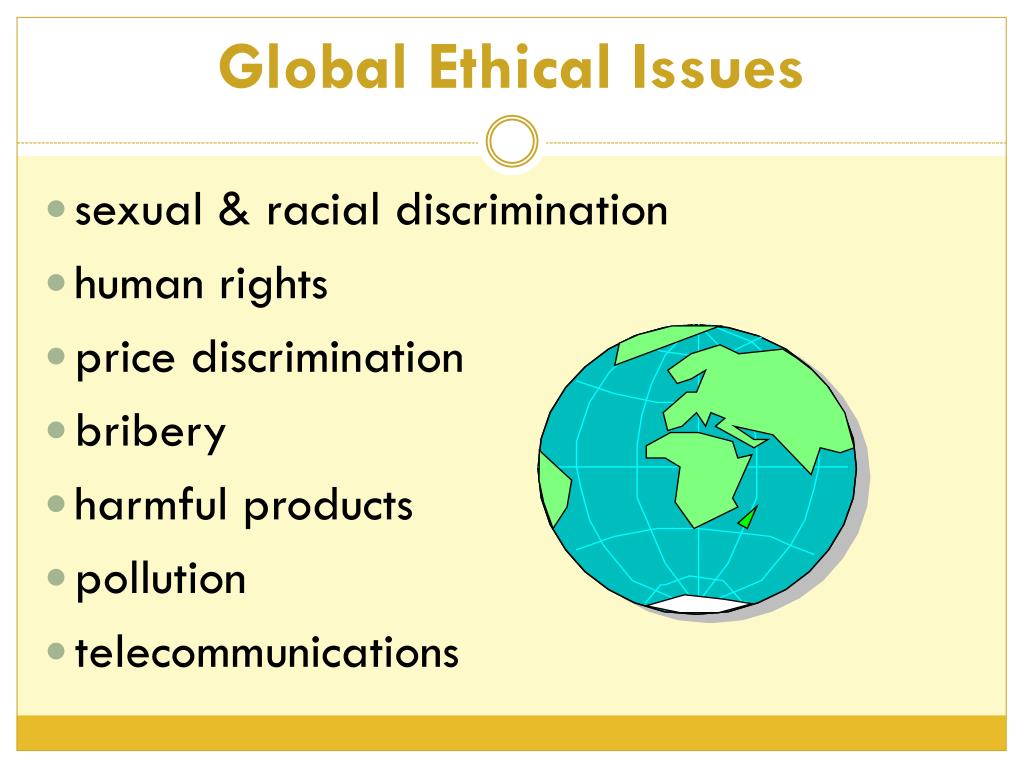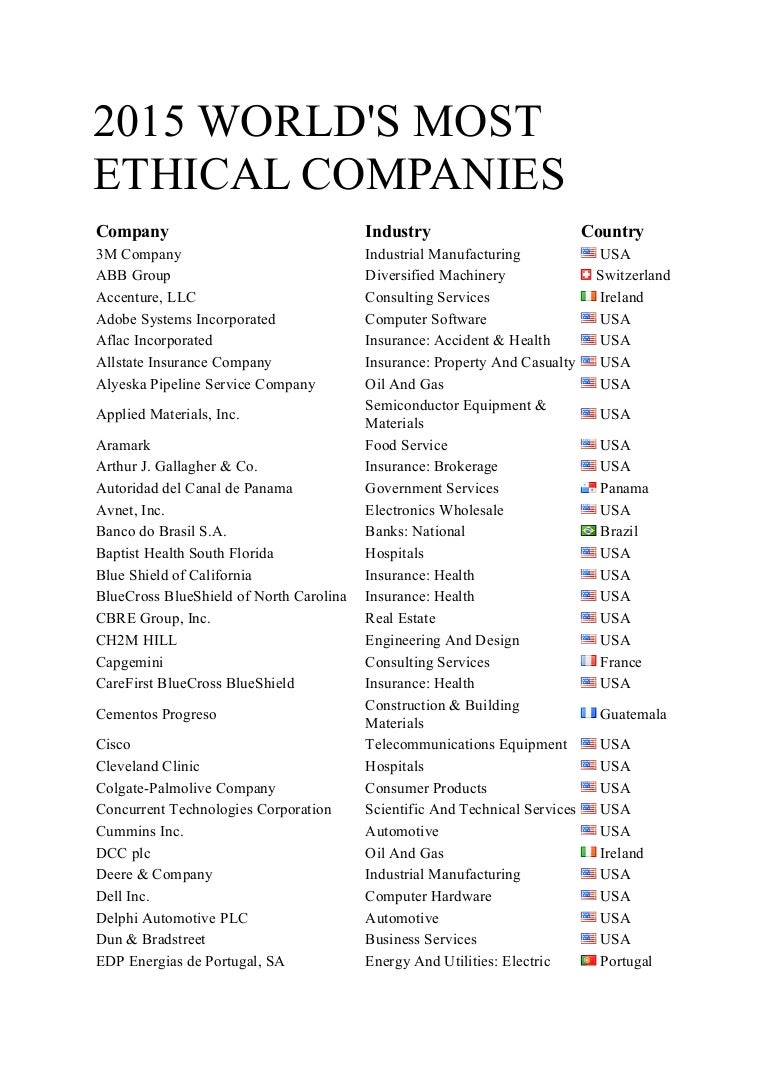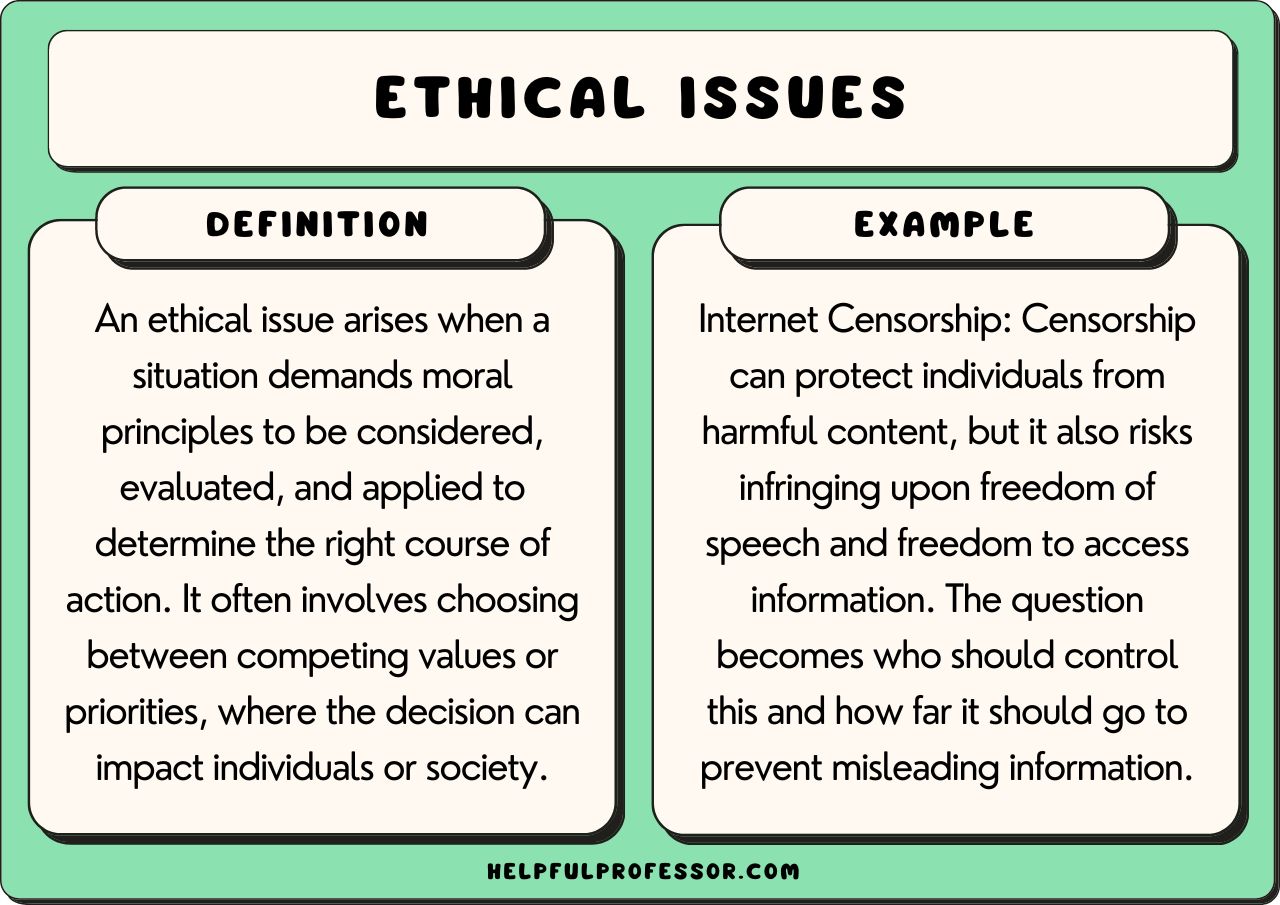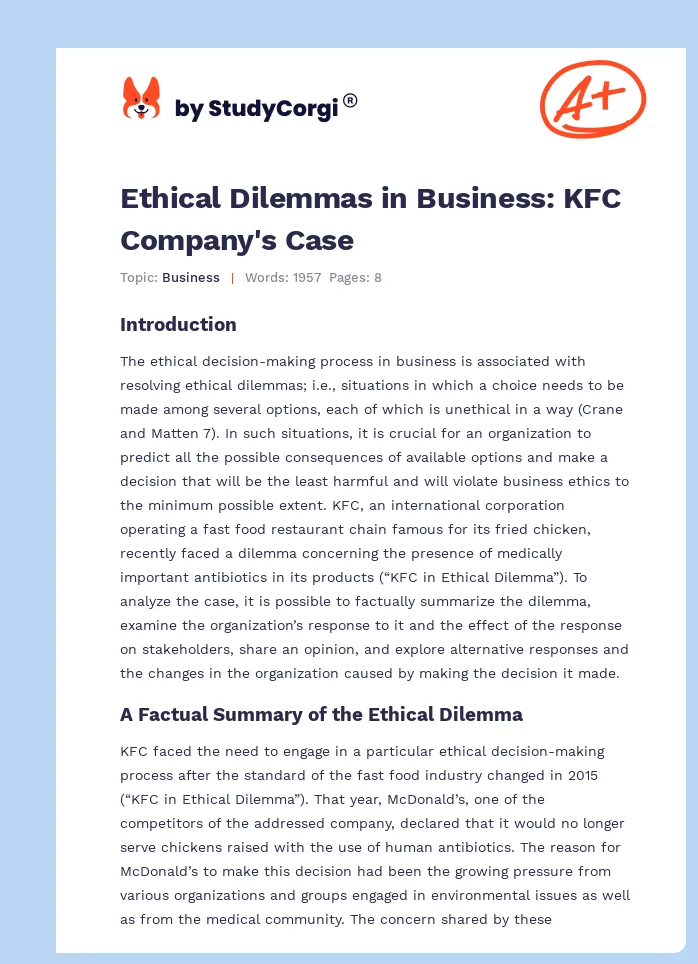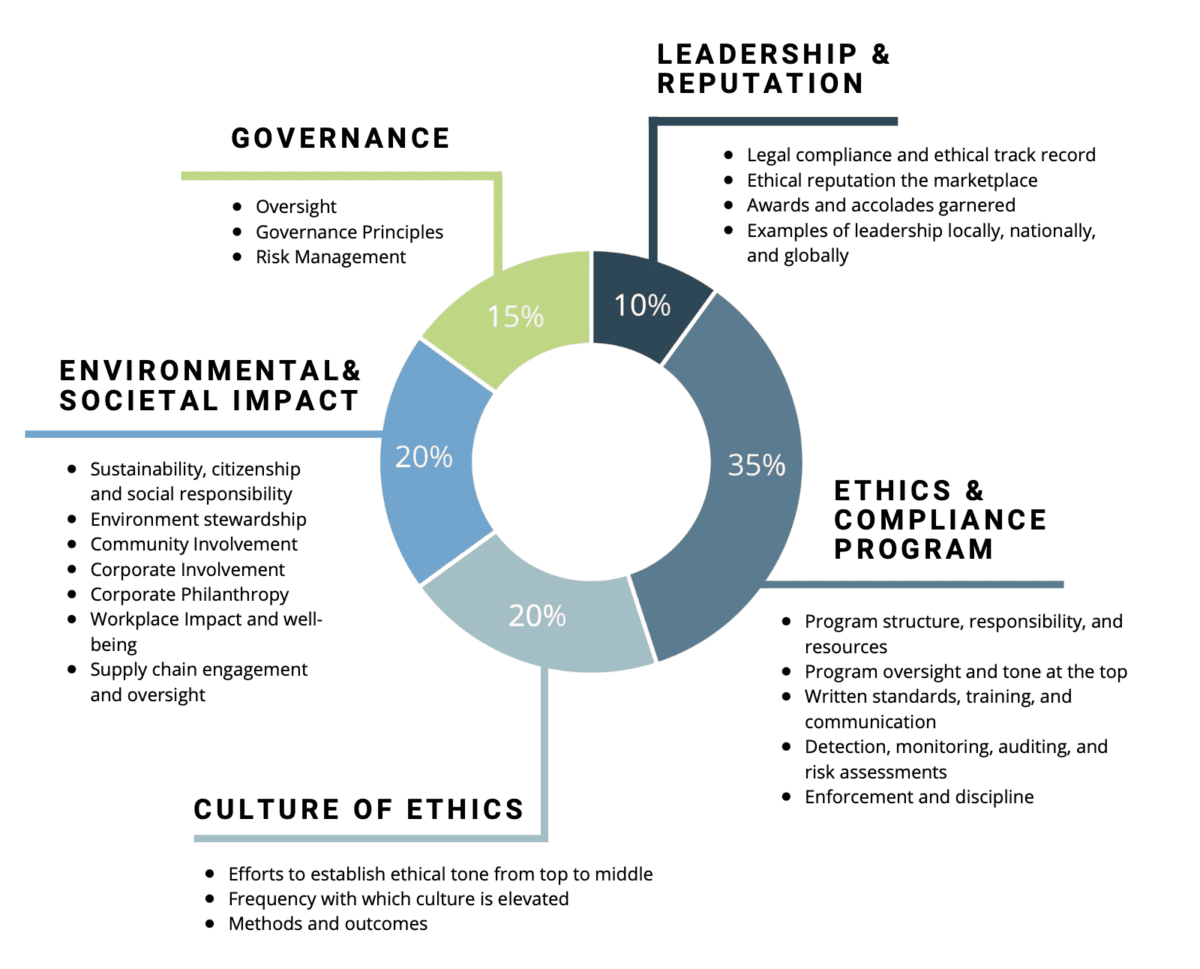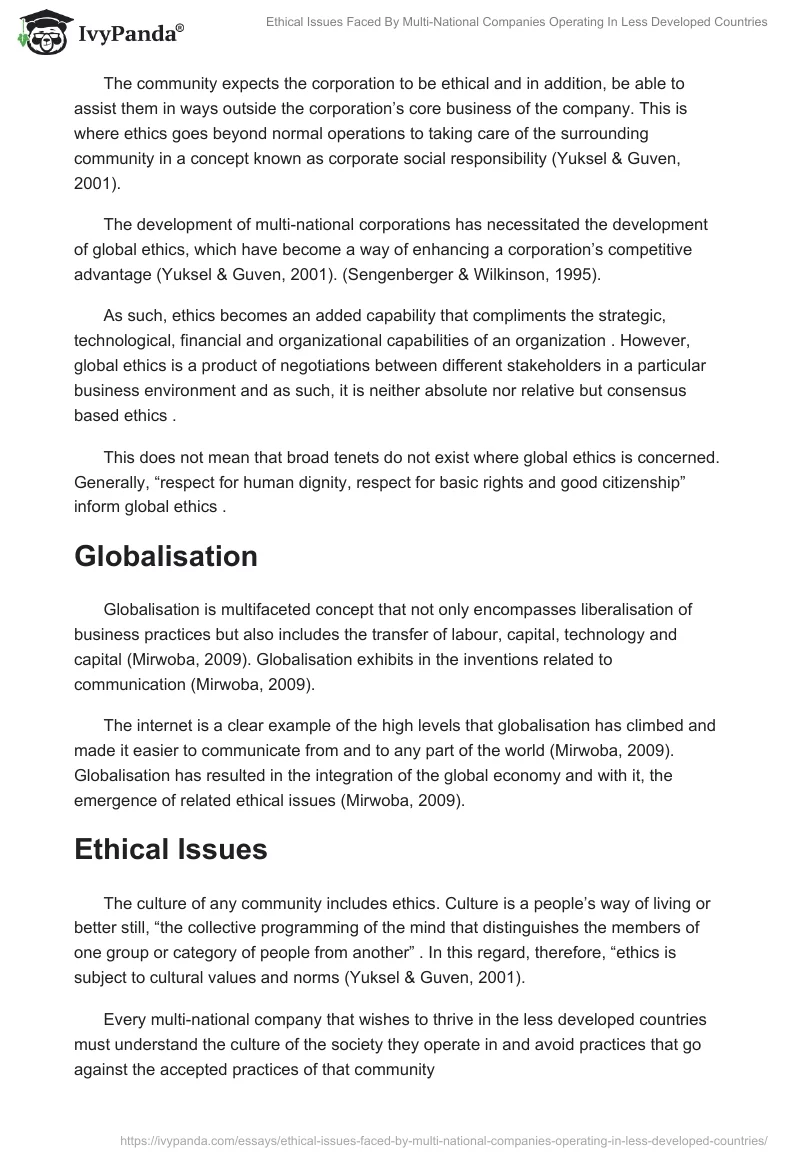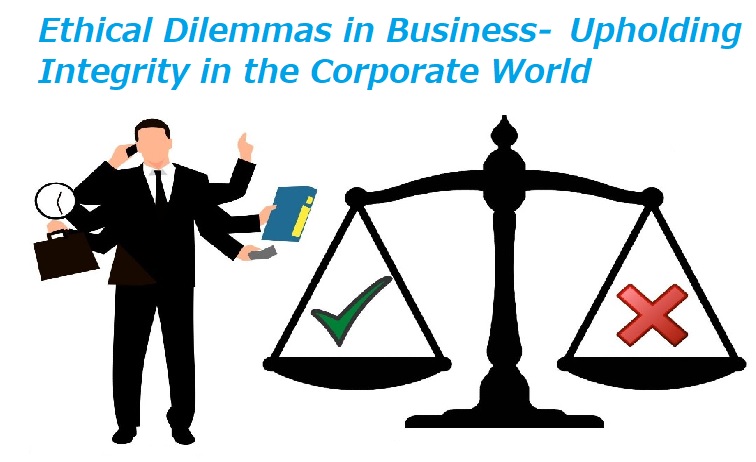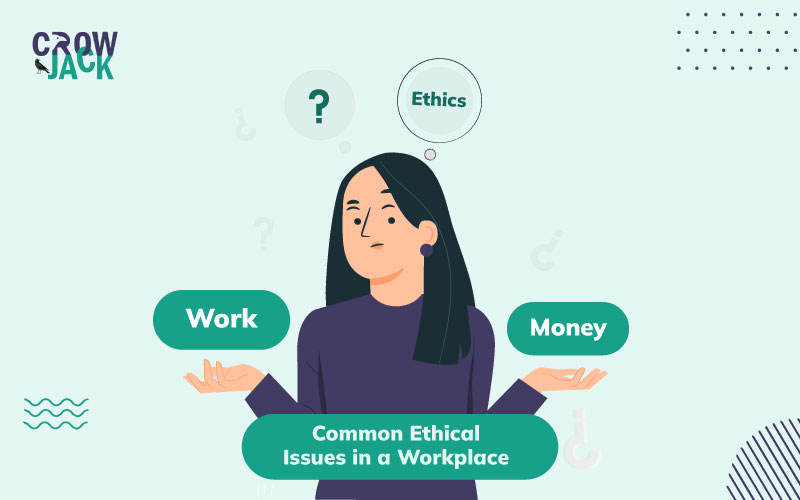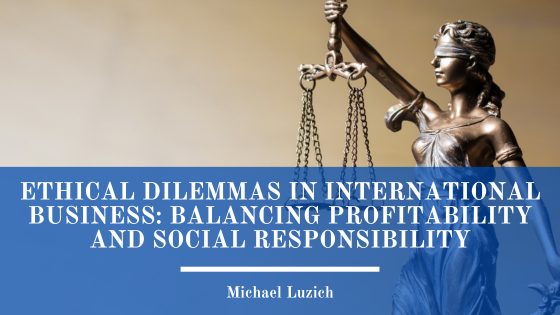Companies That Faced Ethical Dilemmas

Imagine a boardroom, sunlight streaming through the window, illuminating faces etched with concern. The air crackles with tension, not from financial worries, but from something far more profound: a question of right and wrong. These are the moments that define companies, testing the mettle of their values and revealing the true nature of their corporate soul.
This article delves into the stories of companies that have grappled with significant ethical dilemmas, exploring the choices they made, the consequences they faced, and the lessons we can all learn from their experiences.
Ethical dilemmas are rarely black and white. They often involve navigating complex situations where competing values clash, and the path forward is shrouded in uncertainty. Companies must consider the impact of their decisions on stakeholders – employees, customers, shareholders, and the broader community.
The Ford Pinto Case: Safety vs. Profit
One of the most notorious examples of an ethical failure is the Ford Pinto case in the 1970s. Ford rushed the Pinto to market to compete with smaller, fuel-efficient Japanese cars. Internal testing revealed a design flaw: the fuel tank could rupture and explode in low-speed rear-end collisions.
A cost-benefit analysis reportedly showed that it would be cheaper to pay out damages to victims than to redesign the fuel tank. Ford made the decision to proceed with the original design.
The resulting explosions led to numerous deaths and injuries. The ensuing public outcry and legal battles severely damaged Ford's reputation and cost the company millions of dollars. This case serves as a stark reminder of the dangers of prioritizing profit over safety and ethical considerations.
Enron: The Illusion of Success
In the early 2000s, Enron, an energy trading company, was lauded as an innovative and successful enterprise. Behind the façade of prosperity lay a web of deceit and fraudulent accounting practices.
Executives used loopholes and special purpose entities to hide debt and inflate profits, creating a false impression of financial health. The house of cards eventually collapsed in 2001, leading to one of the largest corporate bankruptcies in history.
Thousands of employees lost their jobs and retirement savings, and investors were wiped out. The Enron scandal exposed the dangers of unchecked greed, a lack of transparency, and a culture that rewarded unethical behavior.
Johnson & Johnson: Putting People First
In stark contrast to Ford and Enron, Johnson & Johnson faced a crisis in 1982 when seven people died after taking Tylenol capsules laced with cyanide. The company acted swiftly and decisively.
Johnson & Johnson immediately recalled 31 million bottles of Tylenol from store shelves at a cost of $100 million. They also developed tamper-resistant packaging and launched a nationwide awareness campaign to reassure consumers.
This proactive and ethical response, guided by their credo of putting the needs of patients and customers first, not only saved lives but also restored public trust in the brand. Johnson & Johnson demonstrated that ethical behavior, even in the face of immense financial pressure, can be a powerful force for good.
The Significance of Ethical Leadership
These examples highlight the critical role of ethical leadership in shaping corporate culture and decision-making. Leaders who prioritize integrity, transparency, and accountability set the tone for the entire organization.
When ethical values are embedded in the company's DNA, employees are more likely to make responsible choices, even when faced with difficult circumstances. A strong ethical framework can also help companies anticipate and mitigate potential risks.
Companies with a strong ethical foundation are more likely to attract and retain talented employees, build strong relationships with stakeholders, and achieve long-term sustainable success. A 2023 study by Ethisphere Institute found that companies recognized as "World's Most Ethical Companies" consistently outperform the stock market.
Ethical dilemmas will continue to arise in the business world. The key lies in creating a culture that encourages open dialogue, promotes critical thinking, and empowers individuals to make ethical decisions. It's about remembering that businesses aren't just about profits, they are about people and principles.

